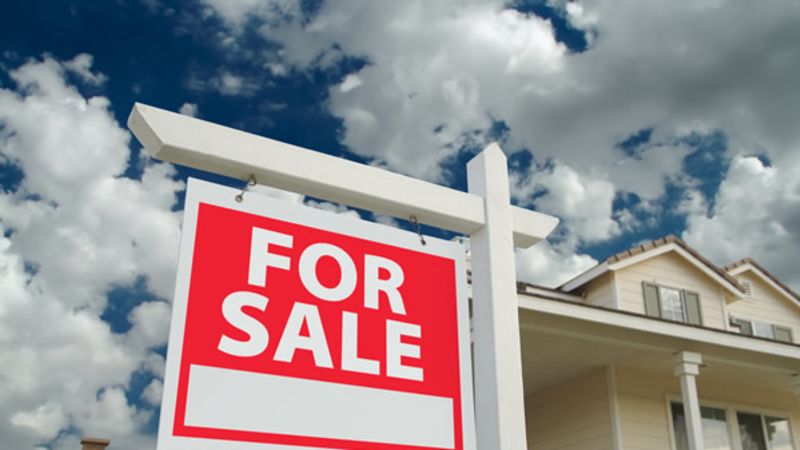
Speculation tax declarations due in Kamloops; new B.C. home flipping tax begins Jan. 1
KAMLOOPS — The speculation and vacancy tax will officially kick in in Kamloops when the calendar flips over to 2025.
It means residential property owners will need to declare how they used their property in 2024, and if they don’t qualify for an exemption they’ll be subject to the tax.
Those declarations are due by March 31.
Exemptions include properties being used as primary residences, properties with a long-term tenant, and life events like separation or divorce.


